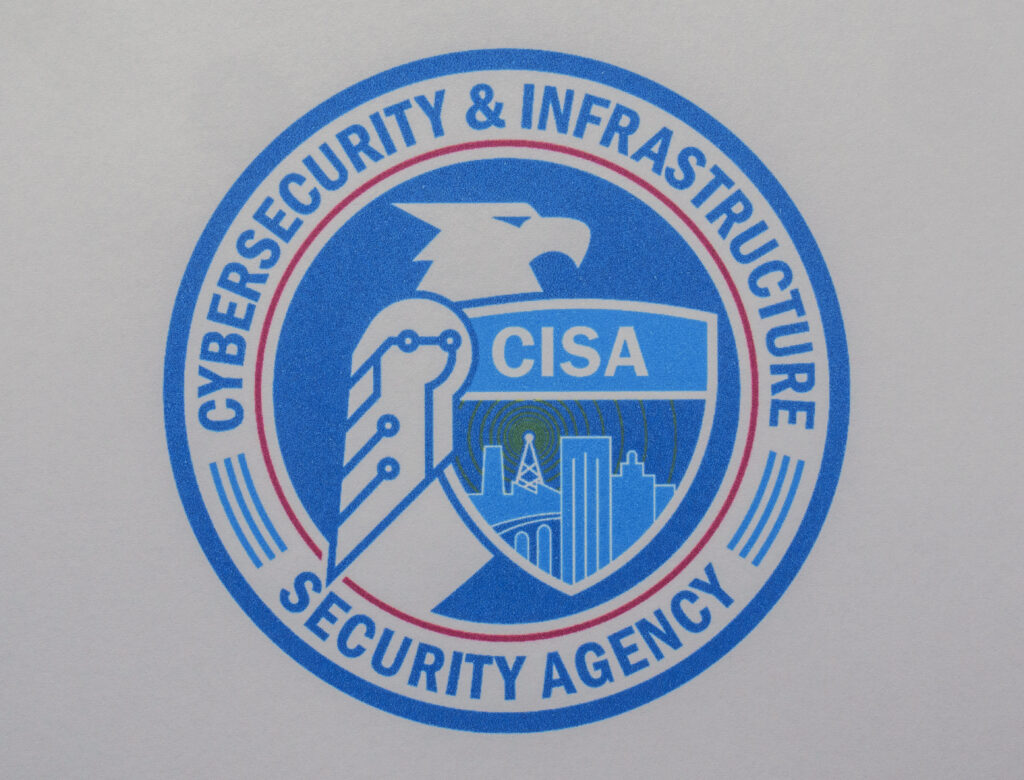Trump Administration Proposes More Drastic Election Security Cuts

Lawmakers are blasting the Trump administration budget proposal that cuts nearly $500 million dollars from the nation’s top cybersecurity agency that’s responsible for protecting elections from hacking and other cyber threats.
Last week, the White House sent a discretionary budget proposal to Sen. Susan Collins (R-Maine), the chair of the appropriations committee, outlining the fiscal year 2026 budget. The discretionary budget — also known as the “skinny budget,” as it reflects the most cost-cutting, but not final, proposal for budget cuts — calls for shaving off nearly a third of the Cybersecurity and Infrastructure Security Agency (CISA) budget, without much explanation.
“The Budget refocuses CISA on its core mission — Federal network defense and enhancing the security and resilience of critical infrastructure — while eliminating weaponization and waste,” the White House’s proposal reads in a brief paragraph justifying a $491 million cut to CISA’s budget.
“The Budget eliminates programs focused on so-called misinformation and propaganda as well as external engagement offices such as international affairs. These programs and offices were used as a hub in the Censorship Industrial Complex to violate the First Amendment, target Americans for protected speech, and target the President.”
In a joint statement, Sen. Alex Padilla (D-Calif.), ranking member of the Senate Committee on Rules and Administration, and Rep. Joe Morelle (D-N.Y.), ranking member of the Committee on House Administration, blasted the Trump administration over the proposed cuts.
“The President’s budget plan fails to provide the critical funding we need for election infrastructure, security, and administration,” the statement reads.
“Every state will feel the cuts, but smaller, rural, and lower-resourced elections offices would be disproportionately hurt. To make matters worse, these cuts are in addition to the Administration’s previous actions to terminate staff and programs to counter election misinformation and disinformation and defend against foreign interference in our elections.”
CISA is an agency of the Department of Homeland Security (DHS), responsible for the nation’s cybersecurity and protecting critical infrastructure from digital threats. One of its most crucial functions is its work with state and local election officials to help prevent and address election cyberthreats from foreign and domestic adversaries — including voting dis- and misinformation.
DHS Secretary Kristi Noem already cut $10 million from CISA’s current fiscal year operating budget, which included shutting down its Election Infrastructure Information Sharing and Analysis Center (EI-ISAC).
This week, lawmakers on the House Appropriations Homeland Security Subcommittee, in two separate hearings, grilled Noem and CISA Director Bridgett Bean on the proposed CISA cuts. Rep. Lauren Underwood (D-Ill.), ranking member on the subcommittee, called Noem’s cuts to EI-ISAC “unacceptable and unconstitutional” and warned that further cuts to CISA would “let Russia, China, and Iran steal our top secrets and Americans’ personal data.”
State election officials are already feeling the effects of Noem’s decision to cut EI-ISAC.
“Just in the last election, I felt like we were really coordinated, we worked with our law enforcement and there was that sort of acceptance and recognition that elections are critical infrastructure,” Santa Fe, NM, County Clerk Katharine Clark (D) told Democracy Docket in March. “Now that we’re rolling back those resources, we are not going to see that emphasis anymore.”
In response to CISA ending EI-ISAC, Arizona Secretary of State Adrian Fontes (D) is planning to start a nonprofit alternative to the defunded election security program. The new proposed program, VOTE-ISAC, is still in the early stages of development. A memo obtained by Democracy Docket in March announcing the project said that it plans to engage private industry leaders and philanthropic partners for funding.
A spokesperson for Padilla said that the senator, who previously served as California secretary of state, is tracking discussions on federal election security funding alternatives like Fontes’ VOTE-ISAC, but would like to restore funding to CISA’s election security programs.